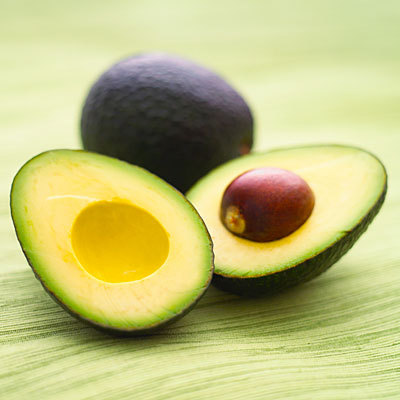Avocados, besides being delicious and very versatile in cooking, are rich in many nutrients very beneficial for our health so you should include it in your diet.
They contain a wide variety of vitamins (including the essential vitamins A, B6, C, E and K), high amounts of antioxidants, lutein, monounsaturated fats, magnesium and fiber
A medium-sized avocado has about 250 calories, which is a good part of our recommended daily caloric intake. So although avocados are very beneficial for our health, this does not mean that we have to eat a huge amount daily.
As part of a healthy diet, eating a small avocado several times a week will allow you to take advantage of all its benefits.
1. The risk of heart disease is reduced
Avocados are very beneficial for our cardiovascular system because of their low content of saturated fats and their high content of unsaturated fat.
Excessive of saturated fat increases LDL (“bad”) and triglycerides, while of unsaturated fats can help lower LDL cholesterol, maintain HDL (“good” cholesterol) and potentially improve your sensitivity to insulin.
They are rich in antioxidants, such as carotenoids or phenols, which can help prevent inflammation and oxidative stress in blood vessels.
2. It helps you maintain a healthy weight and promotes
weight loss
Including avocado in meals helps keep the feeling of fullness for longer, and then you reduce the need to snack between meals. This is due to its high fiber content, approximately 14 g per avocado.
There are studies that have found that those people who consume more have had smaller waists and a lower body mass index (BMI).
3. Reduce the risk of cancer
Avocados are rich in phytochemicals, such as xanthophylls or phenols, which can help prevent cancer.
Several studies have associated with some of the phytochemicals present in the past with the decrease in the rates of oral cancer, breast cancer and prostate cancer.
4. Anti-aging effect
Avocado will protect the skin and eyes from aging
Lutein and zeaxanthin are compounds that appear in the eye that appear to delay eye-related deterioration of age and thus prevent vision problems. These two nutrients also act as buffers against the oxidative damage of UV light, which prevents the aging of the skin.
It promotes the health of the eyes and the skin














